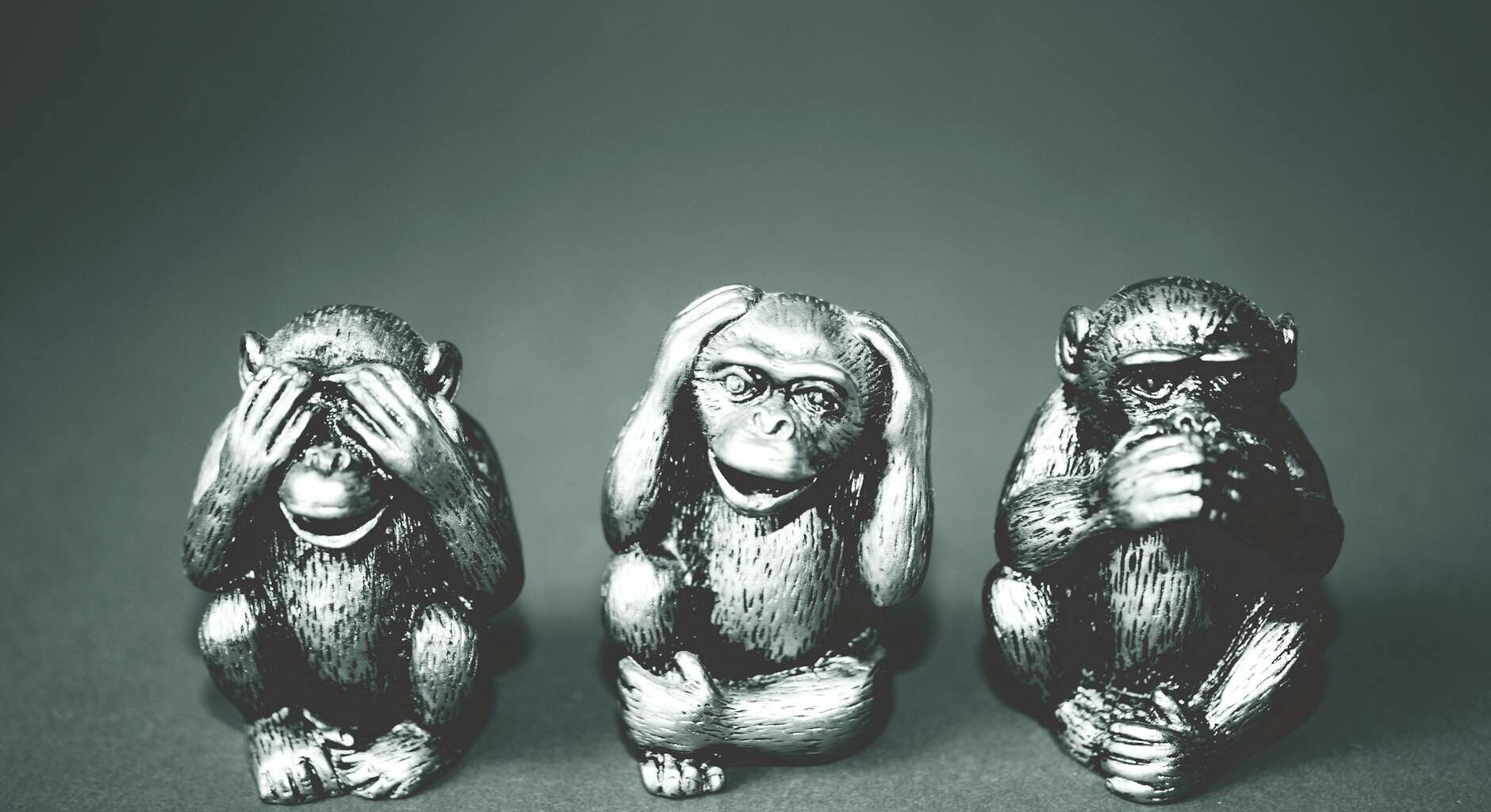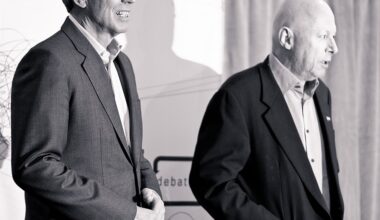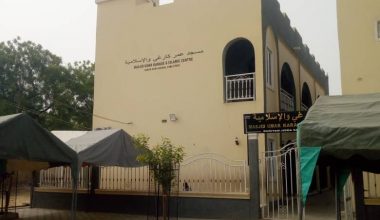Philosophy is, fundamentally, born of curiosity. Curiosity is an instinct found in every human child. We have all felt and seen the child’s craving for knowledge: the asking of endless questions about everything seen or imagined, heard or felt. In this sense and at this level, philosophy consists of asking questions. Simply put, philosophy is the child’s longing for knowledge writ large.
Unfortunately, the child’s curiosity is usually destroyed by culture and religion as they grow up. They are asked to blindly conform to the already existing standards and beliefs of their society and to stop questioning them so that they can be good, law-abiding citizens of their country. It is the desire to ask questions that lie at the heart of philosophy, though not every kind of question is a philosophical one, nor is just any questioner a philosopher.
At an advanced level, philosophy is not a program of study at school, but a critically creative reflection on and analysis of life in its totality. It is the search for the meaning(s) and truth(s) of existence (if any there be) and our (human) place in and relationship to it, not merely a logical game of words and a carefully programmed method of thinking and questioning and arguing, to be verified in papers and books. Academic or professional philosophy is all too often limiting. It assumes that there is a right way of thinking and acting, of doing philosophy. Such an approach to philosophy should properly be called ‘methodological philosophy’. It is not philosophy in its purest sense.
Moreover, philosophy should not be thought of as a professional career out of which one can make a living. Rather, it is a calling to reflect and to create new ideas—usually different from and sometimes radically opposed to the already existing beliefs, values, and systems of one’s society. Such ideas do not, at first, make sense and might only be appreciated much later, after those who proposed them have died and been forgotten.
The true philosopher is a lover and seeker of truth and ideas, a critically creative thinker, and an intensely inquisitive person by nature who questions everything in life, especially the un/dead traditions always regarded as the status quo by the majority.
The philosopher is truly wise by reason of her understanding—her understanding of the truth—which has set her free from the bondage of ignorance and selfishness. She has become conscious of and sensitive to her environment, social and natural. The first and most dangerous prison is the prison of the self—and selfishness. She who is free from this is free from all, and free indeed.
However, this kind of understanding comes with a price. The more understanding you have, the more regretful and sorrowful you become, because you see how much falsehood and injustice there is all around you, and it is painful to realise that most people are perpetual victims of these. The philosopher is thus also a mourner, mourning for the ‘sins’ of her fellow humans against themselves and their environment. The philosopher is wounded at heart by the foolishness and selfishness of her fellow humans.
The philosopher is also persecuted, for she takes it as her daily duty to expose the prejudices and falsehoods of society; she takes on the responsibility to speak truth. And because she chooses to stand with and for truth, she is psychologically ridiculed, socially hated and resisted and discriminated against, especially by the conservative leaders of society. She is irrelevant, disrespected by all. No one takes her seriously.
That is what the philosopher is: a mourner, a societal scapegoat, and an ‘enemy’ of human progress. Now the question is: What keeps her going? What motivates her in her pursuit of truth, ideas, and meaning? This brings me to the consolation of the philosopher.
I assume that most, if not all, philosophers know that one thing and only one thing keeps the philosopher going, and that is freedom. Freedom for the philosopher is synonymous with the truth she searches for—because to seek, and perhaps know, the truth is to be free from all kinds of bondage, especially religious, cultural, and intellectual bondage. Every philosopher knows that true joy and motivation come not from her material possessions and achievements, but from her sense and experience of freedom—the freedom of thought and expression.
It is unsatisfactory and even painful to the philosopher if she is not permitted to communicate her thoughts to others, and it is obviously of no value to her neighbours. Moreover, it is extremely difficult for her to hide away thoughts that have any significant power over the mind, for if thinking leads her to call into question ideas and customs which regulate the behaviour of those around her, to reject beliefs that they hold, to see better ways of life than those they follow, it is almost impossible for her, if she is convinced of the rightness of her own reasoning, not to betray by silence that she is different from them and does not share their opinions. Thus, freedom of thought in any valuable sense is synonymous with freedom of speech or expression.
Without this freedom, the consolation of the philosopher is limited. That is why free thought and free speech matter. So long as she can freely express herself, the philosopher can keep on going, despite all the pain that philosophy brings.
Related reading
How I lost my religious belief: A personal story from Nigeria, by Suyum Audu
Eschatology: a homesickness, by Suyum Audu









Your email address will not be published. Comments are subject to our Community Guidelines. Required fields are marked *
Donate